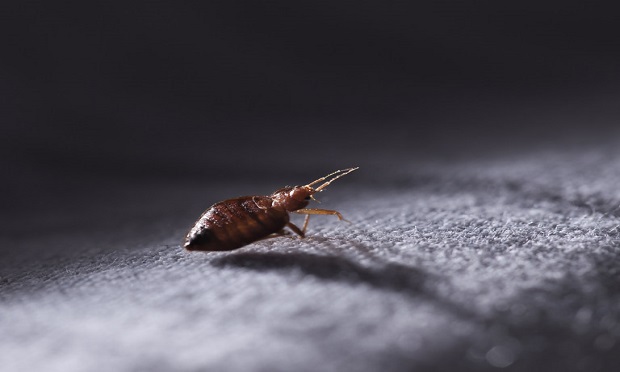RALEIGH, NC — Two common veterinary drugs used to combat parasites may also help combat bed bug infestations, with one showing particularly strong potential, according to new research from North Carolina State University.
“The bed bug is a globally important insect,” said Cobal Schal Blanton J. Whitmire, distinguished professor of entomology at NC State, in a statement. “The last few decades have seen a resurgence of bed bugs in households and now we are seeing bed bugs returning to poultry farms. As there is no proven method to stop bed bugs in commercial farms, the potential problems in poultry farms could be massive. We try to be one step ahead by developing technologies that can eliminate bed bugs.”
The team tested mortality rates with fluralaner and ivermectin, two drugs prescribed to dogs and cats to kill fleas. They did this by conducting experiments after the pests consumed blood mixed with the drugs and after bed bugs bit and fed chickens that had received the drugs either topically or orally.
On the lab bench, both drugs were very effective, killing most bed bugs. Fluralaner showed particular promise against bed bugs that fed on chickens. It even worked well against bed bugs that were resistant to insecticides. On the other hand, ivermectin was not effective against bed bugs feeding on the chickens. The team thinks this could be because the chickens can process the ivermectin quickly in their systems.
The team mentions that it is not yet fully understood how bed bug infestations affect poultry health and food production.
“The health effects of a bed bug infestation on poultry are not well documented, but occasionally poultry farmers see welfare issues such as stress and anemia that could negatively impact meat or egg production,” says Maria González-Morales, a former Ph.D. Student at NC State and first author of the work.
They agree that adding fluralaner to the drinking water of poultry could potentially protect them from bed bug infestations on the farms. Additionally, they hope their findings will help support human health, particularly those who work closely with poultry on factory farms.
“There’s also a concern for workers on these farms, given how easily bed bugs can be transmitted from poultry to humans,” adds Schal.
Continued monitoring of spread and further research into drinking water strategy along with other potential frameworks will remain critical to eradicating bed bugs from these infested farms.
The findings were published in the journal Parasites and Vectors.



:quality(70)/d1hfln2sfez66z.cloudfront.net/10-21-2022/t_9043eea4d59b4767a957144558642db2_name_file_960x540_1200_v3_1_.jpg)


